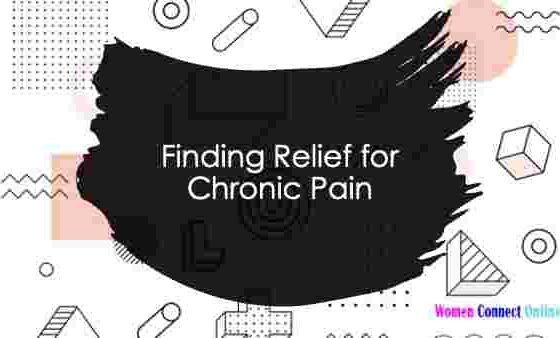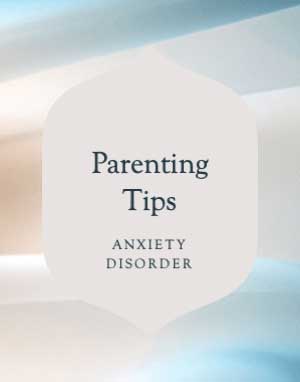What Can You Do for Your COVID Anxiety?

[vc_row][vc_column][vc_column_text]If scientists measured anxiety the way they do hurricanes, right now, America would be a Category 5. Millions of people find themselves out of work or unable to open their business — and they can’t pay rent. Merely venturing outdoors can provoke a stress response. People are terrified of contracting the deadly coronavirus.
If you are feeling anxious due to COVID-19, the knowledge that you’re not alone probably provides cold comfort. You need strategies that work to avoid going off the deep end and making poor choices that further complicate your situation. The next time you feel overwhelmed, take the following approach.
1. Call a Temporary Time-Out
Your boss informs you that they are cutting your hours, and you’re terrified of losing your job entirely. At the dinner table, your child accidentally spills their milk, and you go ballistic, calling them clumsy and careless. Nearly everyone has snapped when under the gun, but that excuse doesn’t make the behavior acceptable. Plus, it makes for lousy feelings all around. You feel guilty, and the target of your outbursts grows understandably resentful.
When you are stressed, your mind can fly into a negative thought spiral, making it impossible for you to see a path out of your current situation. However, unless you command a military unit, and everyone is looking to you for orders, chances are, you can take a step back. Remove yourself from the situation and do something to take your mind off of your worries, like doing a puzzle or watching a movie. Sometimes, sleeping on a problem does make the solution clearer in the morning.
2. Heed the Warning Signs of a Disorder
What starts as a temporary life stressor — such as a lost job — can quickly snowball into an ongoing disorder. Please understand that mental health issues can strike anyone, and there is no shame in asking for help. If you develop any of the following symptoms, you might need to reach out:
- Chest pain and rapid heartbeat: When you panic, your heart rate and blood pressure increase as your body sends signals to your body to prepare for battle. While this effect provides oxygen-rich blood to your extremities for fight-or-flight, over time, you can develop hypertension.
- Dizziness and shortness of breath: Your respiration becomes more shallow when you feel stressed, making it feel as if you can’t breathe. As oxygen flows to other areas of your body, you might become lightheaded.
- Stomach upset: Nausea, vomiting and diarrhea can all signal an anxiety attack.
- Excessive sweating and shaking: Your body releases a flood of hormones when you encounter a stressor. These chemicals can make your knees weak and cause the signature sweaty palms you try so hard to avoid in job interviews.
3. Make a List of What You Control
Right now, there isn’t a whole lot that you can do about many things. Even world leaders don’t know precisely what will happen next. Will a second wave strike? If you managed to hold on to your job, will you need to take a pay cut if this continues too long? If you do, how will you pay the bills? After all, that state moratorium on evictions won’t last forever.
Sit down and list what you can control. If you have income insecurity, identify areas where you can tighten your belt. If you are worried about contamination, learn how to protect yourself by practicing proper hygiene — and social distancing, of course. If you gained weight due to being stuck indoors, search online for healthy, low-calorie recipes.
4. Plan Your Weekly Schedule
In uncertain times, a daily routine is existentially soothing. Who hasn’t experienced the sensation of feeling on edge during their first day on a new job? When you know what you need to do each day, it gives you a sense of purpose when you wake up in the morning. Even if your day consists of nothing but filling out job applications interrupted with yoga and meditation breaks, put it in your planner.
5. Enhance Your Skill Set
Economic uncertainty can drive the hardiest souls to the brink of despair. One way to make yourself more appealing in a competitive job market is to add to your skillset. You don’t have to take out more student loans for another pricey degree. You can find low-cost online courses in everything from computer programming to reiki.
6. Start or Pick Up a Side Hustle
How do folks who are weathering the storm with hardly a care manage? Many of them have created a residual income stream that keeps paying them even when they don’t report to the office. You can get in on these ideas, too, often with a minimum investment of time and money. Start a blog about coin collecting. Rent out your empty basement on Neighbor for someone who lacks sufficient storage in their home.
7. Lean on Your Support Network
Finally, your tribe consists of those folks who listen without judging. They offer both a shoulder to cry on and words of encouragement. Nearly everyone is hurting right now — what better time to rediscover the spirit of community? Call your old college roommate and catch up with them. Plan a date night in with your spouse and merely cuddle. Establish text code words with your best friend so that you can discreetly let them know when you could use a boost of encouragement.
Combat Your COVID Anxiety With These Tips
To say the current anxiety level in America is severe is the understatement that wins 2020. The next time it all seems too much, turn to these practices to find solace.[/vc_column_text][/vc_column][/vc_row][vc_row][vc_column width=”1/6″][vc_facebook][/vc_column][vc_column width=”1/6″][vc_tweetmeme][/vc_column][vc_column width=”1/6″][vc_pinterest][/vc_column][vc_column width=”1/6″][/vc_column][vc_column width=”1/6″][/vc_column][vc_column width=”1/6″][/vc_column][/vc_row]







